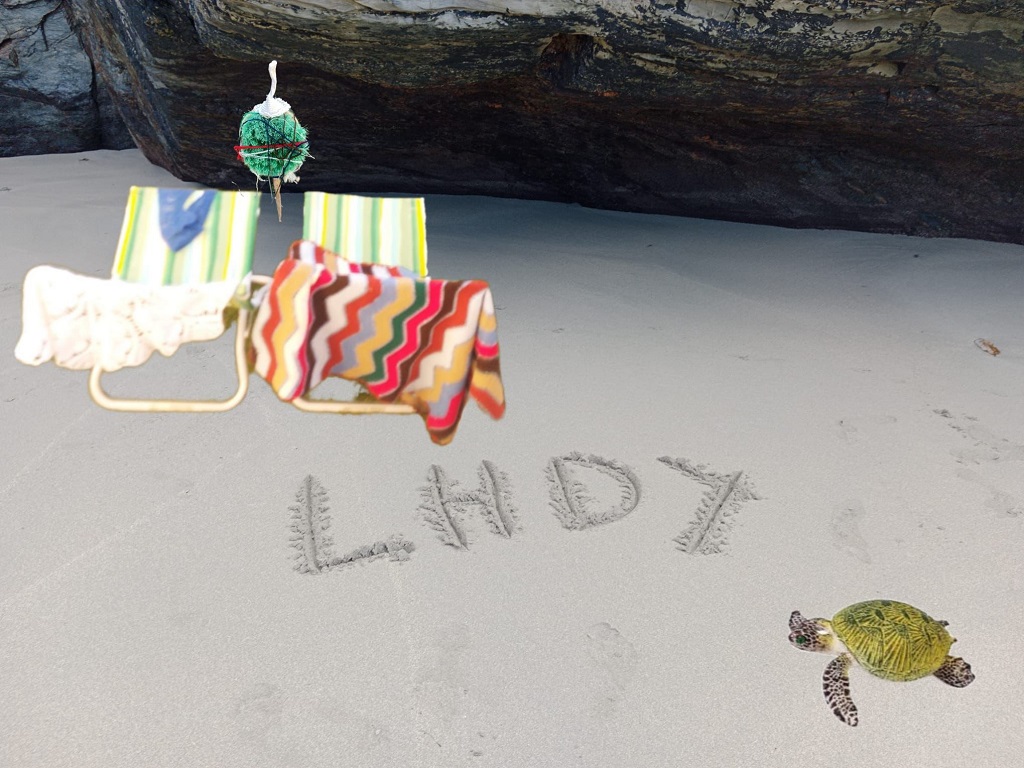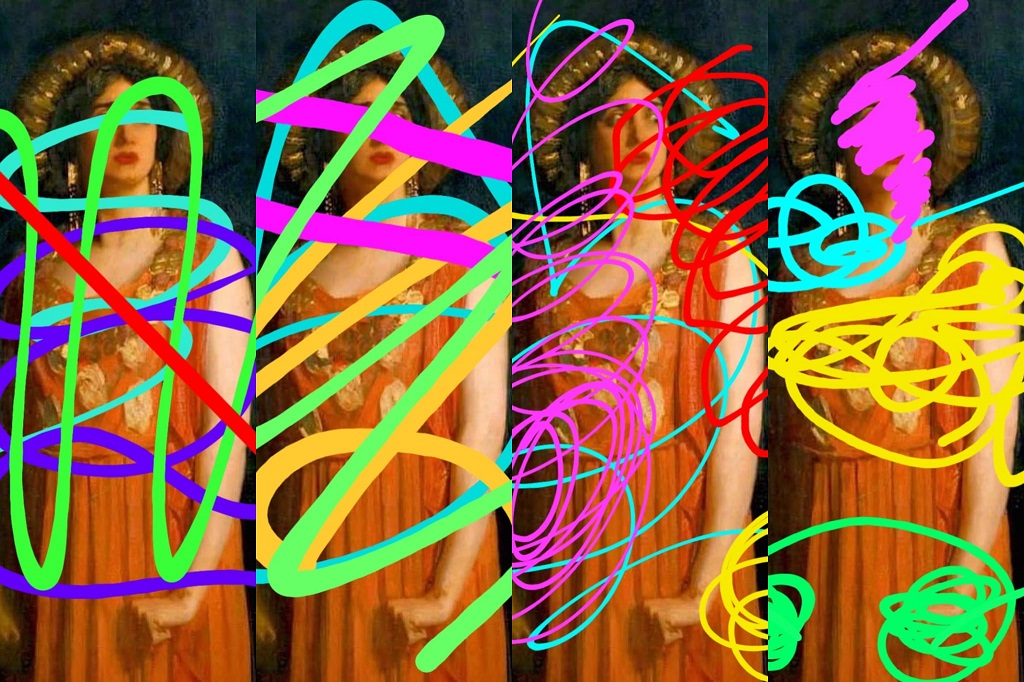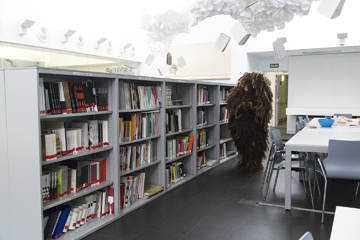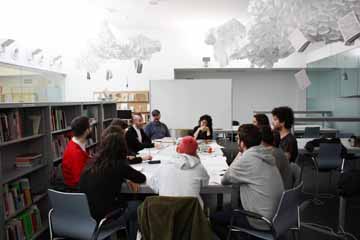“We’re back. We’re going to continue what we left unfinished and this time transform ourselves. We come as lost Amazons. Echoing in the air are the mythological polyphonies that generate this system of unequal relationships, those voices, symbols and images that don’t represent us. The narrative has been so, so, so successful that we’re still pushing the Boulder.
We wanted to kill the mother but we failed, so now we're going to save her. We might not achieve that goal either, but this time we’ll aim better. Although in our attempts to adapt ancestral myths to the new identities of the twenty-first century we might miss Diana’s mark.
Here, there and everywhere, through the centuries, they've stolen our narrative, even though it was all chaos in the beginning. Our journey has brought us to IthaCA2M. We're going to shut Telemachus’s mouth, we’re going to appropriate mythos for ourselves. Potatoes protest by whistling in the cruelty of the kitchen. Because now we know we’re either mad or bad, really bad or super-bad, or good, really good without nuances, one-dimensional.
At our next meetings we’ll explore and interrogate the role of myths in every sense and in every aspect. We’ll reflect on the narratives that have shaped the construction of female subjectivity to challenge them and rebel against them. Magicians and priestesses, fiends, old women who used magic potions and spells, frequented cemeteries and could even fly. Persecuted and punished: was the imposed narrative in danger?
For witches Circe and Medea. Men’s fantasies, for good or for bad. Powerful witches, negative models for women’s conduct who also represented the antithesis of the chaste woman. Penelope would weave and un-weave, create and un-create. And so do we. We fall so often into the stereotypes that we hate and envy Helen.
Our Trojan Horse for destroying this imaginary will be literature and art, sister allies, the tools we’ll use to unravel ourselves. We’ll make room for popular traditions, other forms, in truth to explain the same thing. We’ll open Pandora’s box, or just for change we’ll leave Pandora free of boxes. The Apple is very good for whitening your teeth. We’re the mixture, result, product of Celtic, Roman and barbarian lands. Dehumanised, de- and human, perfect and imperfect, although they’ve screwed us alive and even dead. But from the mud new narratives have emerged with different voices and different airs. And we’ll (re-) embrace them to discuss and listen to each other in the midst of sounds, words and silences.”
The Daughters of Jocasta
PS. Jocasta committed suicide whereas Oedipus only gouged out his eyes. How unfair it all is. We put up with so much.
Who are we? The Daughters of Jocasta.
We’re called the Daughters of Jocasta because we like the name, because we’re all daughters, and because Jocasta was the mother (and wife) of Oedipus, who gave her so much pain (and pleasure).
We found the excuse for the name in Christiane Oliver's book The Children of Jocasta and appropriated it. It’s ours.
Four daughters: Rebeca Contador, Sandra Cabrera, Ángela Solano and Ana Isabel Fernández Álvarez.
We're the resistance of the Museo CA2M reading groups. But we've become more than the origin, we have our own voice. United by a love of talking and talking, of always mulling everything over from every angle.
NEXT SESSIONS
30 October
13 and 27 November
18 December
In the upcoming sessions of the Reading Group, we will explore and investigate the role of myths in all their meanings and in all their breadth. We will reflect on those stories that have been decisive in the construction of female subjectivity in order to question them and rebel against them.

Image credit: The daughters of Jocasta





